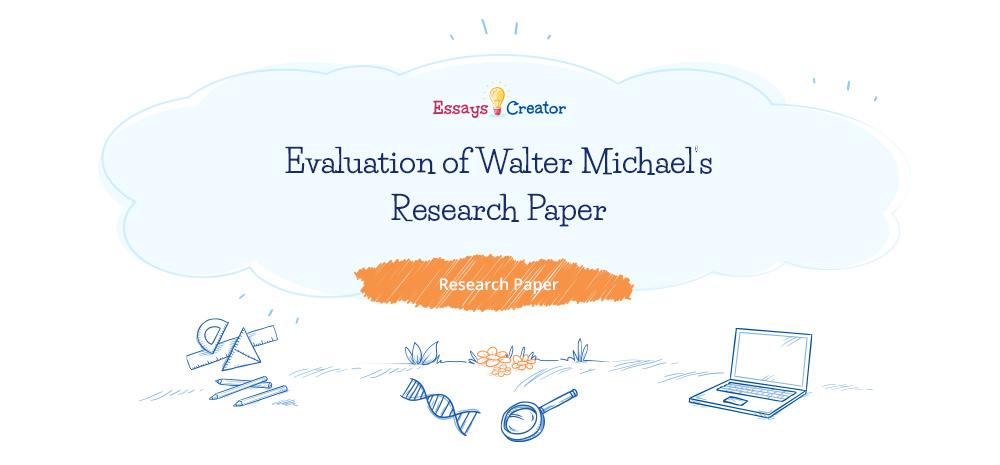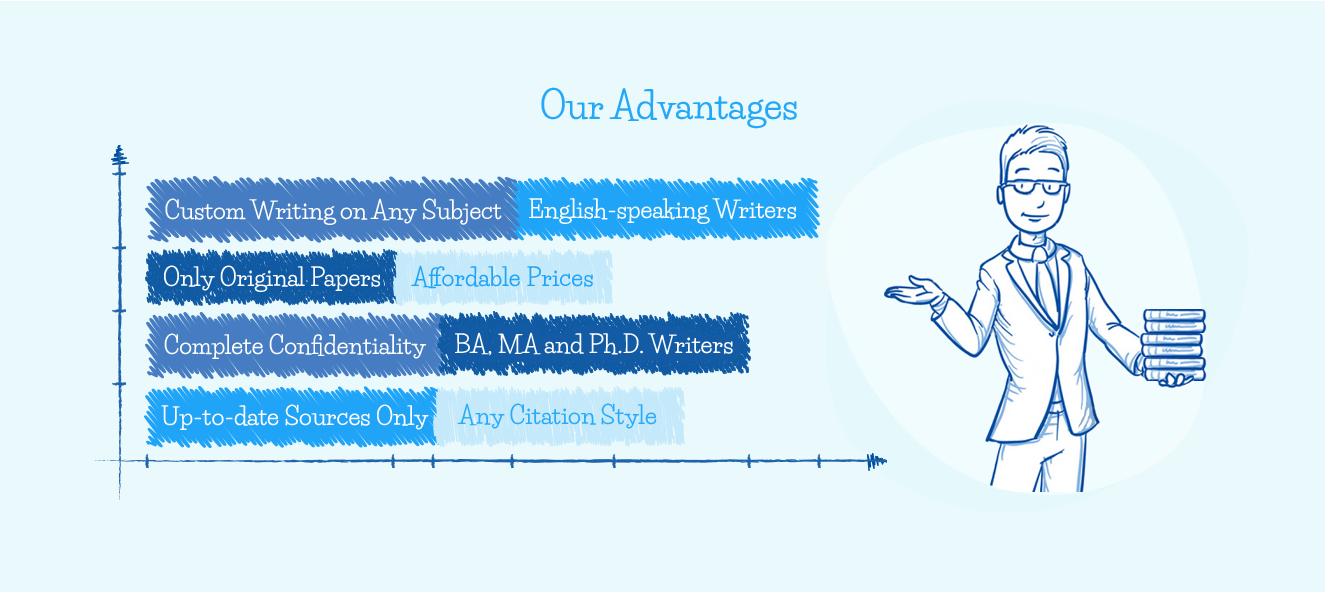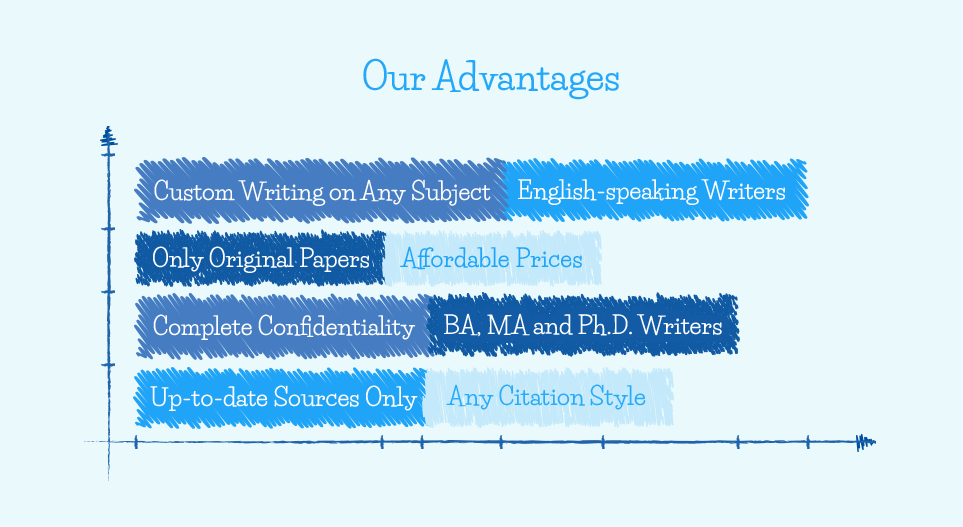
Evaluation of Walter Mischel’s Research Article
The authors of this article broadly describe willpower as that self-control that an individual exercises in the face of temptation. It is the ability to contain oneself and resists temptation in favor of a more meriting future objective. Willpower denotes all those processes that underlie a person’s self-regulatory ability amidst the alluring and appealing temptations. Contextually as espoused in this article it describes a person’s ability to resist settling for a small, immediately available reward to get a larger and more fulfilling reward on a later period. This then translates to that delay ability or postponement power and resistance against immediate gratification in the foresight of a more rewarding future. Willpower underlies the attributes and processes of focus, persistence, foresight, perseverance, and self-regulation in an individual as opposed to greed, short-sightedness, and lack of self-regulation.
The “marshmallow test” is a famous label name attached to the delay-of-gratification paradigm which is a test developed by Mischel to measure how long a child can resist settling for immediate gratification in the size of a small reward to attain greater gratification in size of a big reward later. It was a test employed to test and measure a young person’s (preschoolers) ability to resist temptation and delay gratification; it is a laboratory situation testing the willpower in preschoolers. Its experimentation derives and is based on the concept of willpower in that it sought to test the self-regulatory ability in these young children and how this impacted their lives in the future. In Mischel’s original study, he took the test on a participant sample of over 500, 4-year-old aged young children of a Nursery school at Stanford. This study was conducted in the early 1960s and 1970s amongst children of faculty and graduate students of Stanford University. This number (over 500) represents the estimation of the participants who completed the delay-of-gratification task as originally designed. The author doesn’t identify the specific number but only provides the estimated figure which he pegs at over 100 participants. As an afterthought, Mischel decided to conduct a longitudinal study on the original participants of his original test. He fell short of reaching all the numbers and the only participants in the longitudinal study are pegged at over one-third of the original participants.
Order your Research Paper help today!
Cognitive outcomes describe ability as measured through academic knowledge, abilities, learning and behavioral disposition, and social-emotional reactions. The Marshmallow test predicts a variety of outcomes some of which include cognitive outcomes. Those preschoolers who displayed delayed ability scored higher SAT scores which reflect one of the cognitive outcomes. Their ability to achieve academically and score highly embodies and signifies an enhanced cognitive ability. This shows that those preschoolers with a high self-regulatory ability could display better cognitive outcomes as predicted in the longitudinal study. In other studies, it has also been displayed that preschool delay ability predicted higher educational achievement as a later outcome in adulthood. The follow-up studies hence portray a similar trend in the outcomes of delayed self-gratification. Another cognitive outcome is better social cognitive and emotional coping in adolescence. This translates to a higher sense of self-worth and the ability to cope with stress. The preschool delay ability in the longitudinal study and other follow studies predicts an outcome of better choices in life and behavior like the ability to keep off drugs and suppress stress levels. These abilities are representative of the cognitive outcomes of the delayed gratification paradigm. The studies also predict a variety of mental health outcomes. In early delayed ability, the studies predict the suppression of the development of a variety of dispositional vulnerabilities later in life. In individuals whose ability to delay gratification was higher the studies predicted an outcome that buffer against mental health issues like features of borderline personality disorder. Another mental health outcome is aggressive behavior and self-valuation.
Delay ability in children predicts less verbal aggression and higher self-esteem in adolescence and even later in adulthood. Mischel’s study was barely making sense of observations and analyzing the relationship between variables. His assertion that strategies can help children self-regulate is hence wrong in that in changed circumstances the strategy may be overwhelmed by the immediate reward on offer. The exertion of willpower has an aspect of dynamism and hence the strategies may not apply the same in all circumstances. Strategies have been suggested on how to improve performance in the marshmallow task and include self-distraction by looking away from the temptation and reappraisal or reframing of a situation. Self-distraction involves concentrating one’s mind on other things other than the reward on offer while reappraisal involves a reframing of the reward from its appetitive features and assigning it better representations. This differs from self-distraction in that the concentration of the person remains on the reward but he/she envisions it differently hence fighting the temptation to get it.
The processes involved in solving interference come from a variety of functions given that they are linked to distinct underlying neurobiology. This aspect of neurobiology is exhibited in those neural mechanisms underlying control which differ depending on the type of information being suppressed and the stage of its processing in the mind. The authors are currently researching in a bid to understand the cognitive processes underlying the marshmallow task. Some of the questions they are researching are whether the delay is achieved by blocking the entry of unwanted information, suppressing unwanted thought, or stopping action in favor of an alternative one. These questions are under research and hence yet to be definitively reported as no answers have been found yet.
In conclusion, I believe that apart from willpower, behavior, as developed, is simply a function of one’s biology and environmental conditioning. It attains permanency in one’s setup as influenced by those factors and hence a young person who displays such character is highly likely to display the same character later in life.











